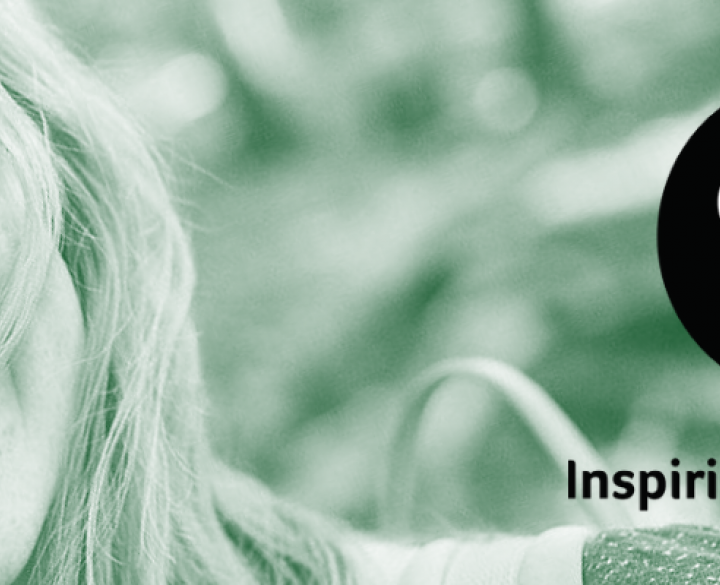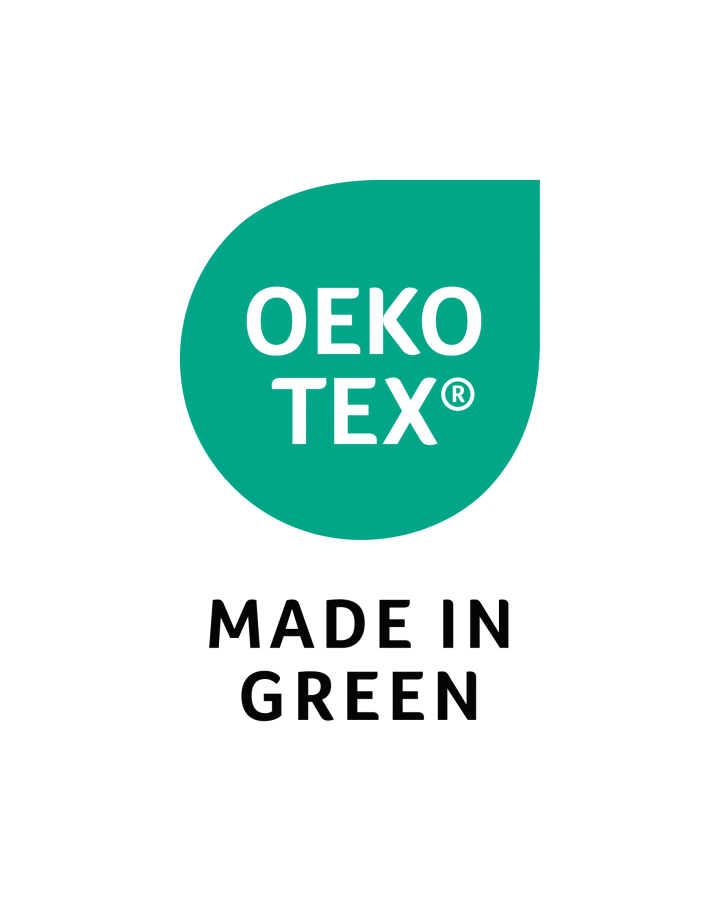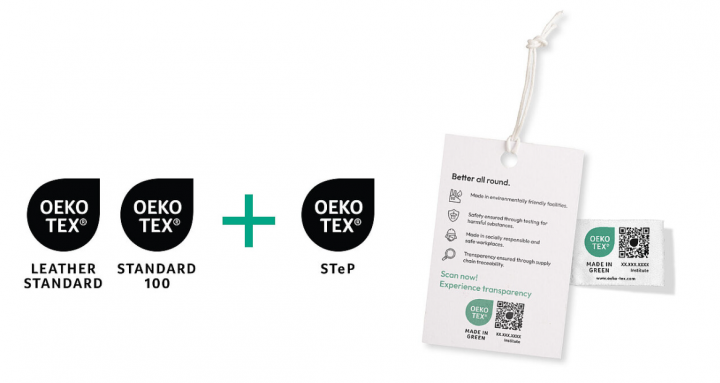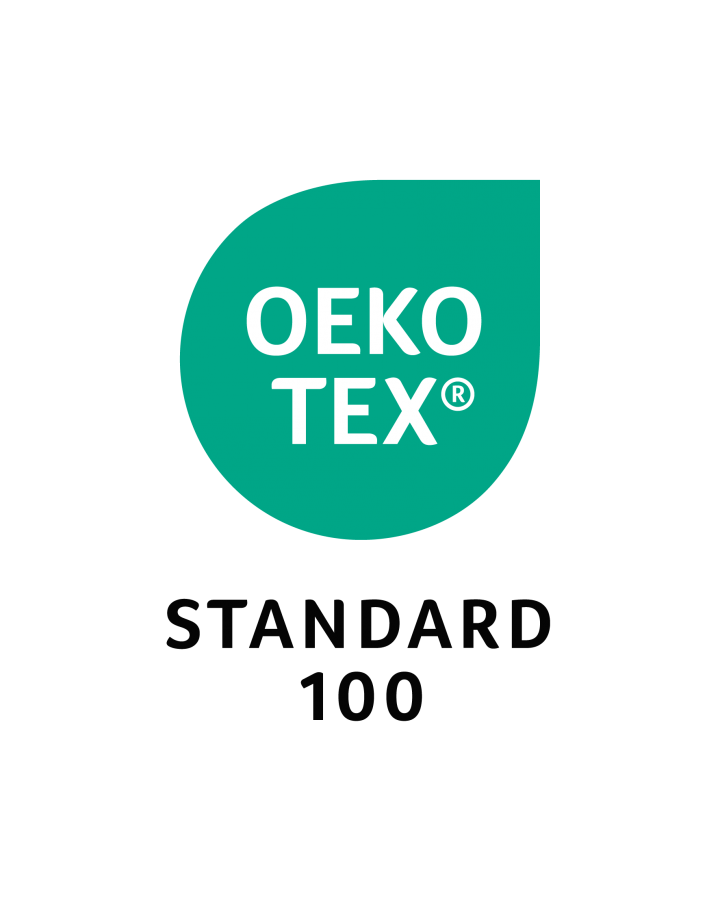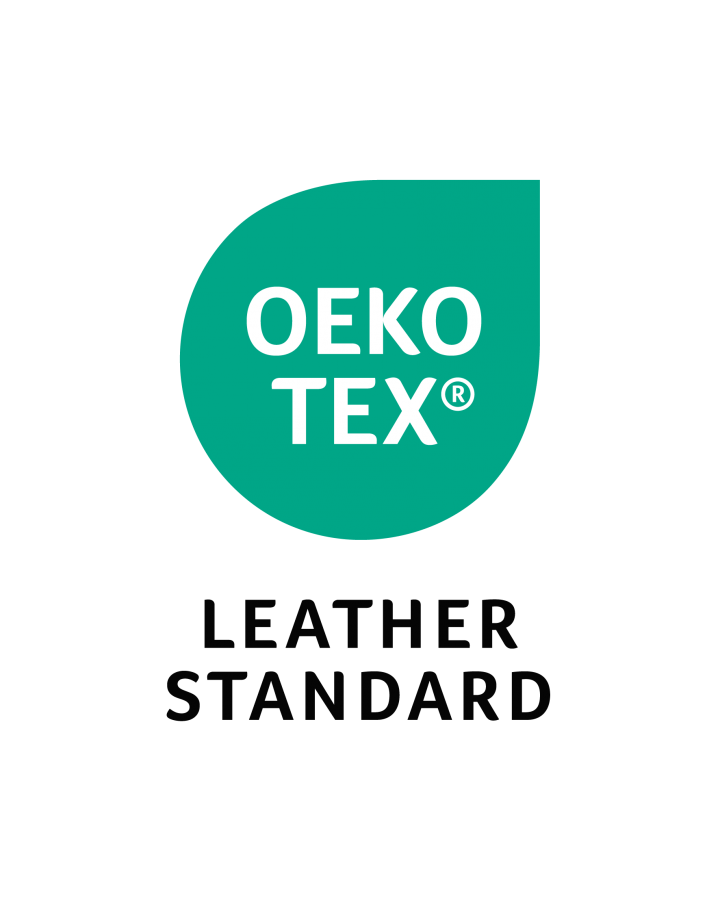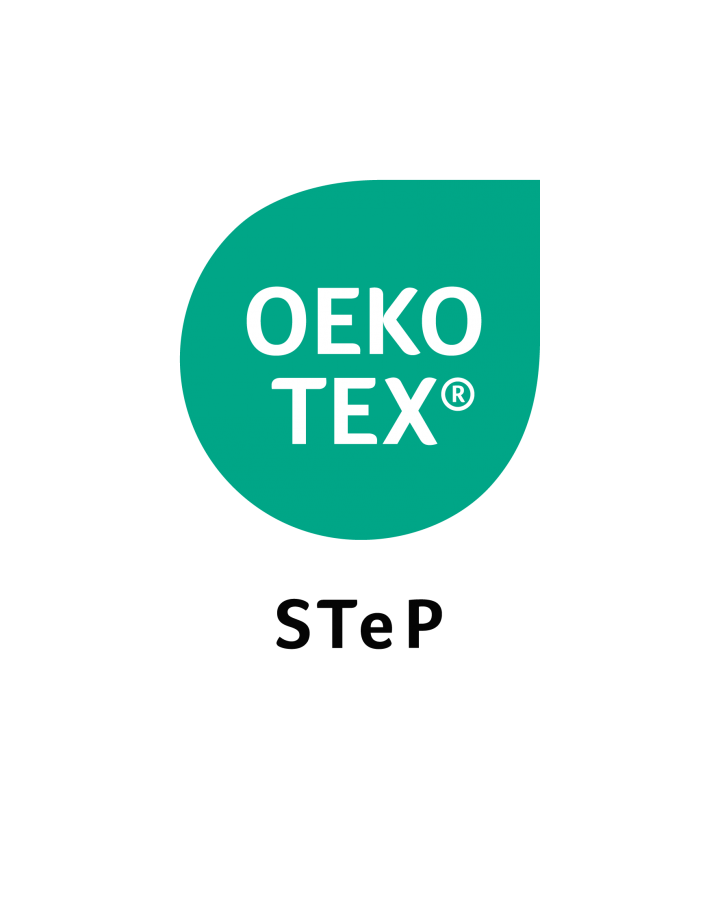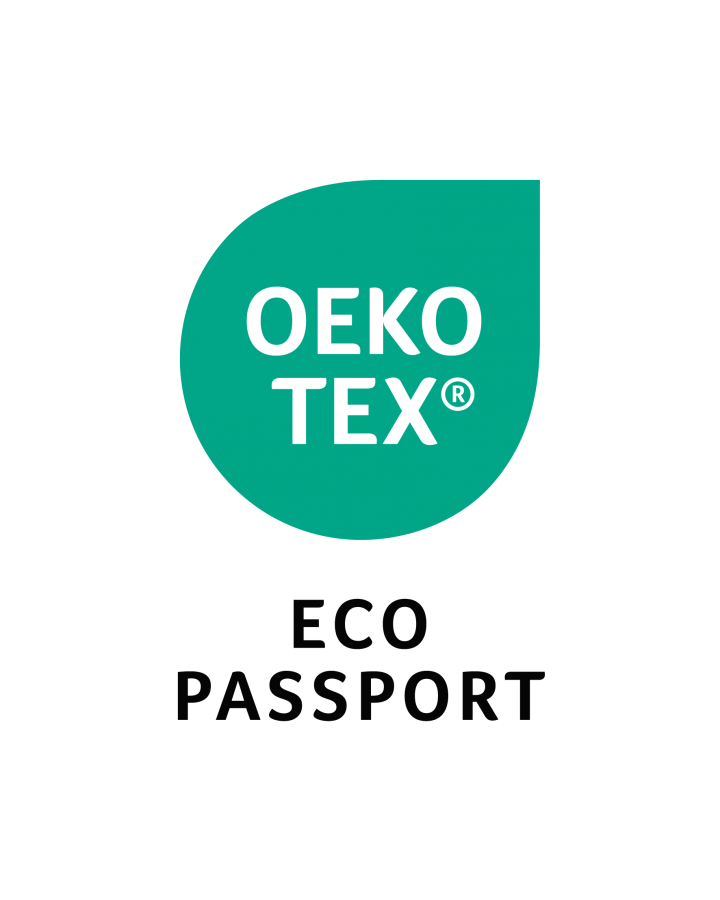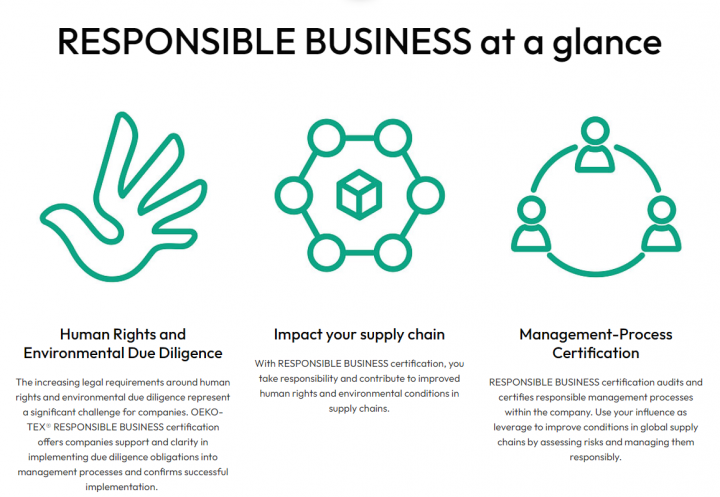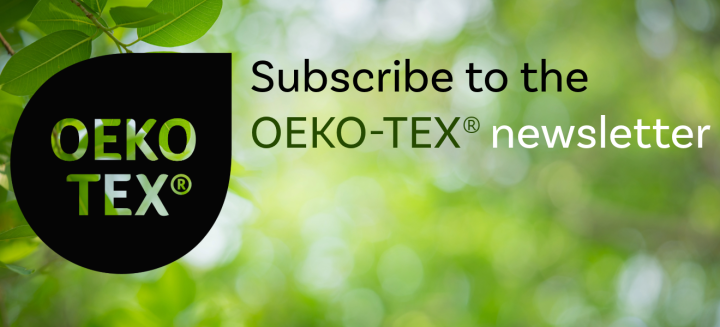OEKO-TEX® standards enable everyone to make responsible decisions and protect natural resources. Products bearing the OEKO-TEX® STANDARD 100 and OEKO-TEX® LEATHER STANDARD labels have been scientifically tested for the presence of harmful substances and are a better and safer choice for your health. Textiles and leather carrying the OEKO-TEX® MADE IN GREEN label are produced more sustainably in socially responsible workplaces.
The OEKO-TEX® STeP certification and the DETOX TO ZERO analysis set the highest standards for social and environmental aspects of textile and leather production. Chemicals and treatments that meet the OEKO-TEX® ECO PASSPORT standard have been tested and analysed against strict criteria, for a lower environmental impact. OEKO-TEX® RESPONSIBLE BUSINESS supports you on preventing or mitigating existing and potential negative impacts of business operations within your own activities, your supply chains and your further business relationships.
Complaint Mechanism
The OEKO-TEX® Complaint Mechanism is established to inform the OEKO-TEX® Secretariat about any compliance breaches of our company or our standards. OEKO-TEX® subscribes to the highest standards and we believe in our responsibility towards all of our stakeholders. All stakeholders are encouraged to report any form of misconduct.
New regulations 2024
At the start of the year, the OEKO-TEX® Association updated the applicable test criteria and limit values for its range of certifications.
- OEKO-TEX® Limit values: download the information
- OEKO-TEX® MADE IN GREEN: download product dossier
- OEKO-TEX® STANDARD 100: download product dossier
- OEKO-TEX® ORGANIC COTTON: download product dossier
- OEKO-TEX® LEATHER STANDARD: download product dossier
- OEKO-TEX® STeP: download product dossier
- OEKO-TEX® ECO PASSPORT: download product dossier
OEKO-TEX® Label Check
OEKO-TEX® MADE IN GREEN
OEKO-TEX® MADE IN GREEN is a traceable product label for all kinds of textiles and leather products that have been manufactured in environmentally friendly facilities under safe and socially responsible working conditions. The MADE IN GREEN label also reassures consumers that the textile or leather product is made of materials that have been tested for harmful substances.
What are the requirements for MADE IN GREEN?
- One prerequisite for MADE IN GREEN is that the product is tested for harmful substances and certified in accordance with the OEKO-TEX® STANDARD 100 or OEKO-TEX® LEATHER STANDARD.
- To ensure that the textile or leather product has been manufactured using environmentally friendly processes and under socially responsible working conditions, the production facilities must be certified in accordance with OEKO-TEX® STeP.
OEKO-TEX® STANDARD 100
OEKO-TEX® STANDARD 100 is one of the world's best-known labels for textiles tested for harmful substances. It stands for customer confidence and high product safety.
What does the label mean?
If a textile article carries the STANDARD 100 label, you can be certain that every component of this article, i.e. every thread, button and other accessories, has been tested for harmful substances and that the article therefore is harmless for human health. The test is conducted by our independent OEKO-TEX® partner institutes on the basis of our extensive OEKO-TEX® criteria catalog. In the test they take into account numerous regulated and non-regulated substances, which may be harmful to human health. In many cases the limit values for the STANDARD 100 go beyond national and international requirements. The criteria catalog is updated at least once a year and expanded with new scientific knowledge or statutory requirements. It is not easy for manufacturers and customers to keep an overview of the legal situation concerning harmful substances every day. Our experts from the OEKO-TEX® institutes do this for you.
OEKO-TEX® LEATHER STANDARD
OEKO-TEX® LEATHER STANDARD is an internationally standardised testing and certification system for leather and leather goods at all production levels, including accessory materials. The certification supports companies along the supply chain with the implementation of high human-ecological product safety. The certification serves as legally binding verification of successful product certification in all business processes in accordance with LEATHER STANDARD.
What does the LEATHER STANDARD label mean?
The LEATHER STANDARD label indicates that the labelled article has successfully passed a test for chemicals that are harmful to health. The basis for this test, which is carried out by an independent OEKO-TEX® partner institute, such as Centexbel, is the OEKO-TEX® criteria catalogue with several hundred regulated individual substances. The strict limit values and test criteria of the criteria catalogue are much stricter than the valid national and international specifications and include various parameters for safeguarding health. OEKO-TEX® updates the test criteria at least once per year and, in doing so, takes into account the latest scientific findings and changes to legislation.
OEKO-TEX® Step
Sustainable Textile Production (STeP) by OEKO-TEX® is a certification system for brands, retail companies and manufacturers from the textile chain who want to communicate their achievements regarding sustainable manufacturing processes to the public in a transparent, credible and clear manner.
What does the certification mean?
STeP differs from other certification systems because, instead of considering only individual sustainability aspects, it includes a comprehensive analysis and assessment of the production conditions instead. STeP analyses all important areas of a company using 6 modules:
- Chemical management
- Environmental performance
- Environmental management
- Social responsibility
- Quality management
- Health protection and safety at work
The aim of STeP certification is the long-term implementation of environmentally friendly production processes, social working conditions and optimum health and safety.
STeP certified companies:
- Alfa Tapijtfabriek NV
- Alsico NV
- BekaertDeslee - Deslee Clama
- Belgotex International NV
- Carpenter
- De Witte Lietaer
- Dounor SAS
- Global Textile Alliance / Monks
- Lava BV
- Liebaert NV
- Muvantex
- Ontex
- SioenApparel
- Ten Cate Protect BV
- Tessutica
- TWE - Meulebeke
- Verstraete & Verbauwede
DETOX TO ZERO
OEKO-TEX® DETOX TO ZERO is an efficient verification system for the textile and leather industry which aims to implement the criteria of the Greenpeace DETOX Campaign within production facilities. In this case, instead of certification, there is an analysis tool for the optimisation and monitoring of chemicals management and wastewater quality.
What is DETOX TO ZERO?
DETOX TO ZERO is based on the DETOX campaign launched by Greenpeace in 2011 whereby the goal of the campaign is to exclude hazardous chemicals from textile production. With DETOX TO ZERO, OEKO-TEX® provides textile and leather producers with a practical and usable analysis and assessment tool which creates transparency and control in the use of hazardous substances. The focus is on:
- Wastewater and sludge conformity in accordance with the DETOX TO ZERO Manufacturing Restricted Substance List (MRSL)
- Conformity of chemicals used in the company as per the DETOX TO ZERO MRSL
- General management with a focus on chemicals and environmental performance
When using the DETOX TO ZERO analysis and assessment tool, producers cannot “fail” or “pass” as this is not a traditional certification system. Instead, the focus is on a continuous improvement process. The situation is also analysed in the production facilities and a robust action plan is prepared which provides for the gradual reduction in harmful substances in production processes.
The Impact Calculator
Calculate your Carbon and Water Footprint
OEKO-TEX® STeP facilities are now able to measure and report their carbon emissions and water usage impact – at the facility level, by processing step or for 1kg of material. As part of its Roadmap to Excellence, the OEKO-TEX® STeP programme has developed a simple, user-friendly digital tool for facilities to calculate the Carbon and Water Footprint: THE IMPACT CALCULATOR.
The Impact Calculator provides production facilities an initial estimate and assessment on the materials and process steps that contribute most to their overall environmental impact. Participation is voluntary and will be available to any textile production facility applying for or already holding a OEKO-TEX® STeP certification.
OEKO-TEX® ECO PASSPORT
OEKO-TEX® ECO PASSPORT is an independent certification system for chemicals, colourants and auxiliaries used in the textile and leather industry. During a multistep process, we analyse whether each individual ingredient in the chemical product meets the statutory requirements and that it is not harmful to human health. Both brands and manufacturers value the ECO PASSPORT as credible proof of sustainable textile and leather production.
What does the certificate state?
The certification system ECO PASSPORT is designed for manufacturers of process chemicals and chemical compounds. The leather and textile chemicals certified in accordance with the ECO PASSPORT have been tested for harmful substances in critical concentrations as listed in the ECO PASSPORT standard. The label also gives transparent proof of which articles meet the criteria for ecologically responsible textile and leather manufacture. Once per year, OEKO-TEX® updates the banned substances and limit values and expands them to include new scientific findings or statutory requirements.
All chemicals, colourants and auxiliaries used for the manufacture of textiles and leather materials can be certified in accordance with ECO PASSPORT. This also includes industry-specific formulations (chemical compounds) for the textile, leather and clothing industry.
Benefits for brands
- With the independent certification, you demonstrate your sustainability approach to your customers in procurement and encourage trust in your products. ECO PASSPORT comprises a comprehensive approach for the handling of chemicals and is thus your pioneer for “Green Chemistry”.
- You ensure that your textiles do not contain any harmful substances on the OEKO-TEX® STANDARD 100 and OEKO-TEX® LEATHER STANDARD RSL in concentrations that are harmful to humans.
- You can use all chemicals certified in accordance with ECO PASSPORT for the production of STANDARD 100 and LEATHER STANDARD certified articles.
- For certifications in accordance with STANDARD 100 and LEATHER STANDARD, ECO PASSPORT is recognised as a pre-certificate. You thus save on laboratory costs.
- Certification incl. Self-Assessment and On-Site Visit is recognised by the ZDHC organisation as “MRSL Conformance Indicator Level 3”, currently the highest conformity level. Completion of the Screening and the Verification leads to ZDHC Conformity Level 1. Carrying out the Self-Assessment without the On-Site Visit leads to conformity level 2. You have the chance to find certified products in the OEKO-TEX® Buying Guide, which is public and free of charge.
- The ZDHC Gateway and BHive App from GoBlu are available for the publication of certified products, including all associated certificates.
OEKO-TEX® RESPONSIBLE BUSINESS
OEKO-TEX® RESPONSIBLE BUSINESS is a management tool to meet supply chain due diligence requirements in the textile and leather industry. It supports companies to prevent and mitigate existing and potential negative impacts of business operations within the own activities, the supply chains and in the wider business relationships.
What does OEKO-TEX® RESPONSIBLE BUSINESS mean?
OEKO-TEX® RESPONSIBLE BUSINESS certifies the management system of a company and assesses to which extend due diligence obligations with regard to human rights and environmental criteria are implemented in the company and in their supply chains. Following Due Diligence elements are subject of evaluation:
- Business policy
- Risk analysis
- Integration of appropriate actions
- Continuous monitoring
- Transparent communication
- Complaint mechanism
Furthermore, companies can map in module 7. Environment / Climate to which extend a climate strategy has been defined, targets set and emission reductions already measured.
The goal of RESPONSIBLE BUSINESS certification is the long-term implementation of due diligence measures with regard to human rights and the environment in the textile and leather industry.
Recycled materials in OEKO-TEX® STANDARD 100
Recycled materials are difficult to certify. With their previous life, recycled materials are posing different challenges than regular virgin material. Therefore, within the STANDARD 100 framework these materials are treated differently.
For the certification of recycled materials with STANDARD 100 different rules apply as for regular materials. If recycled is mentioned in the article scope the following basic rules apply:
- At least 20% of the main textile material needs to be recycled
- More information about the source of the materials is requested in the application
- An effective quality management system needs to be proven. This is needed to ensure a consistent product quality.
- The testing program can differ compared to virgin material. While there is no chemical test whether a material is recycled or not, the varying source can lead to a higher testing frequency.
- A separate certificate from a virgin material is needed.
- Blends with virgin materials are allowed when they are necessary for the manufacturing of the material.
Downloads
OEKO-TEX® provides a centralized page where you can download all relevant documents regarding
- standards
- applications
- product information
- organisation
- and more




